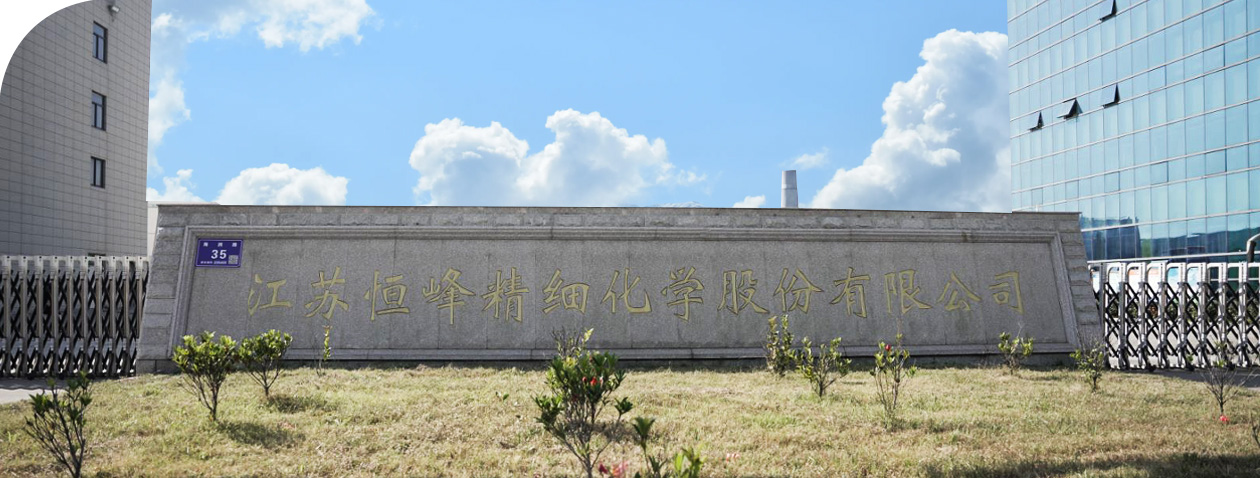How is APAM used in the metallurgy and electricity sectors?Anionic Polyacrylamide Powder (APAM) finds diverse applications in the metallurgy and electricity sectors due to its unique chemical and physical properties.
Metallurgy Sector:
Ore Separation: APAM is employed in the metallurgical processes for the separation of solid particles from ores. Its flocculation and sedimentation properties assist in the efficient removal of impurities, facilitating ore concentration.
Tailings Treatment: In metallurgical operations, tailings – waste materials produced during ore processing – can pose environmental challenges. APAM is used to treat and manage these tailings by aiding in solid-liquid separation and minimizing environmental impact.
Water Recycling: Metallurgical processes often involve substantial water usage. APAM plays a crucial role in recycling and treating water used in these processes, contributing to sustainable water management practices.
Electricity Sector:
Coal-Fired Power Plants: APAM is applied in coal-fired power plants for solid-liquid separation in the treatment of wastewater generated during coal combustion. It helps in removing impurities and pollutants, ensuring compliance with environmental regulations.
Cooling Water Treatment: Power plants use significant amounts of water for cooling purposes. APAM assists in the treatment of cooling water, preventing the buildup of suspended solids and improving overall water quality.
Corrosion Prevention: In electricity generation and distribution systems, corrosion is a concern. APAM is sometimes used as a corrosion inhibitor, providing a protective barrier on metal surfaces and extending the lifespan of equipment.
In both sectors, the versatile nature of
APAM makes it a valuable tool for enhancing efficiency, reducing environmental impact, and ensuring sustainable practices. As industries continue to prioritize resource efficiency and environmental responsibility, the role of APAM in metallurgy and electricity is likely to expand further.


 English
English Español
Español عربى
عربى Русский
Русский Tiếng Việt
Tiếng Việt














